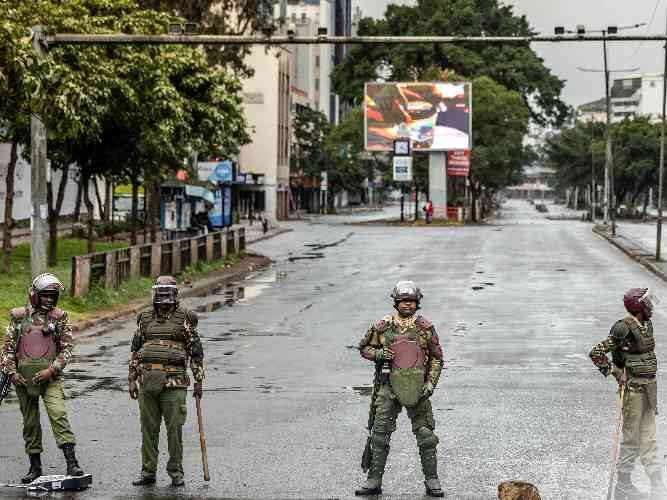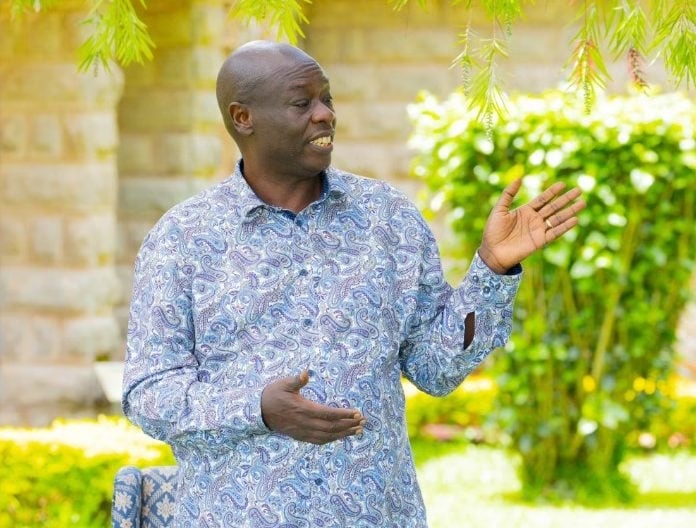
Following the ‘Shoot on the leg’ Order from President William Ruto, Kenyans have come out in large numbers, creating AI-generated videos depicting how the situation could be in 2027. The pictures showing voters in plaster are used to depict how voting would be conducted with anger.
What began as anger and frustration over rising taxes, the high cost of living, and perceived government repression has now transformed into a digital rebellion, where memes, parody videos, and AI-generated skits are being used to criticize and ridicule state authority.
Social media platforms like X (formerly Twitter), TikTok, and Facebook are flooded with humorous yet piercing content. One viral AI-generated video imagines the president in a comedy skit being chased by cartoonishly fast Gen Z protestors.
At the same time, another recreates a “press conference” where AI-voiced ministers issue absurd policy statements with a straight face. These satirical creations, powered by free-to-use AI tools, have struck a chord with a younger, tech-savvy generation that feels alienated by traditional political discourse.
The shift from street chants to keyboard-led comedy doesn’t dilute the seriousness of the movement; if anything, it amplifies it. Humor has become a form of resistance, allowing people to express dissent safely in a country where freedom of assembly and speech is increasingly under threat.
Through satire, Kenyans are rewriting the narrative, showing that in an age of surveillance and fear, laughter, especially the kind sharpened by AI, is a powerful weapon.
As the government continues to tighten its grip on public demonstrations, this creative backlash shows a new phase in Kenya’s civic activism. In a battle of authority versus artistry, the keyboard may just be proving mightier than the bullet.
In Kenya, technology has become a powerful force reshaping the landscape of revolution, socially, politically, and economically. Kenyans have harnessed digital tools to amplify their voices and demand, using the current dominance of social media platforms like X and TikTok.
There is increased harnessing of digital tools to amplify their voices and demand change. Movements that once struggled to gain traction now trend within hours, mobilizing thousands across the country.
Beyond activism, technology has also sparked a quieter economic revolution. Mobile money platforms like M-Pesa have transformed how people transact, save, and do business, especially in rural areas where banks are scarce. E-commerce, online learning, digital farming tools, and even telemedicine are breaking barriers that once limited opportunities for many. Kenya’s tech-savvy generation is no longer waiting for solutions; they’re building them.
In a society that once relied on traditional methods, innovation has now become a new kind of revolution, deeply rooted in everyday life and driven by the people.


